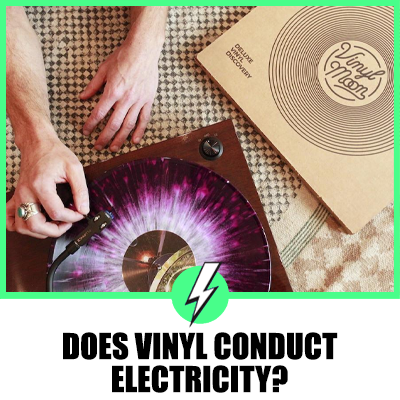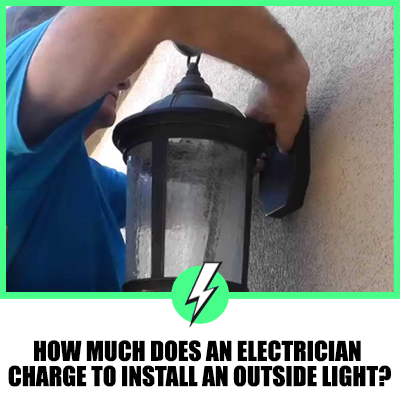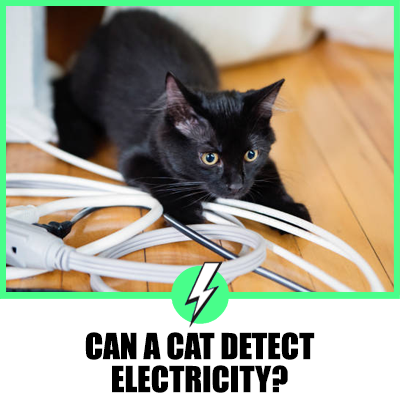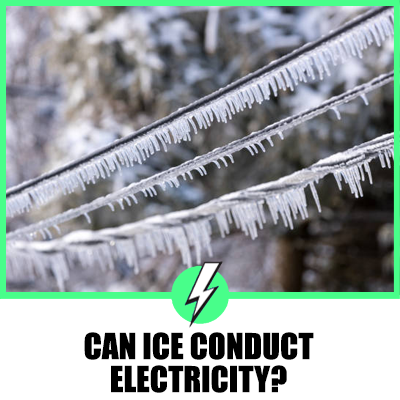Does Vinyl Conduct Electricity?
In the world of materials, vinyl is a popular choice for a variety of applications.
From records to gloves, vinyl’s versatility is widely recognized.
But when it comes to electricity, does vinyl conduct or insulate?
Let’s delve into this topic and answer some related questions.

Contents
Is Vinyl a Conductor or Insulator?
Vinyl, in its pure form, is an insulator.
This means it does not readily conduct electricity.
The electrons in vinyl are tightly bound and do not move freely.
As a result, an electric current cannot easily pass through it.
This property makes vinyl a poor conductor of electricity and a good insulator.
This characteristic of vinyl is crucial in many applications.
For instance, in the construction of buildings, vinyl siding is often used due to its insulating properties.
This not only helps to keep the building warm in winter and cool in summer, but it also provides a degree of protection against electrical accidents.
Does Electricity Go Through Vinyl?
Given that vinyl is an insulator, electricity does not easily pass through it.
This characteristic is particularly useful in applications where electrical insulation is required.
For instance, vinyl is often used in the insulation of electrical cables, providing a protective barrier that prevents the electrical current from coming into contact with other conductors.
This is particularly important in the world of electronics.
Without proper insulation, electrical devices could short circuit, leading to damage or even fires.
Therefore, the use of insulating materials like vinyl is crucial in ensuring the safe operation of these devices.
Do Vinyl Gloves Protect Against Electric Shock?
Vinyl gloves, like other types of insulating gloves, can provide a degree of protection against electric shock.
However, it’s important to note that this protection is limited.
Vinyl gloves are not designed to be used as personal protective equipment (PPE) for working with high-voltage equipment.
For such applications, specific types of insulating gloves, often made of rubber, are required.
This is not to say that vinyl gloves are useless in protecting against electric shock.
On the contrary, they can be very effective in certain situations.
For instance, if you’re working with low-voltage electrical devices, wearing vinyl gloves can provide an extra layer of protection.
Are Vinyl Gloves Conductive?
As insulators, vinyl gloves are not conductive.
However, it’s crucial to remember that while they can provide some protection against electric shock, they are not intended for use in high-voltage environments.
For tasks involving electricity, appropriate PPE should always be used.
It’s also worth noting that not all gloves are created equal.
Some gloves, even those made of insulating materials, may not provide adequate protection against electric shock.
Therefore, it’s always important to use gloves that have been specifically designed and tested for electrical safety.
Insights from Online Discussions
Online discussions provide a wealth of information on this topic.
For instance, a thread on Techist delves into whether vinyl latex gloves can conduct electricity.
The consensus is that while these gloves can provide some protection, they are not designed for use in high-voltage environments.
A Quora discussion echoes this sentiment, with contributors agreeing that while vinyl gloves can offer some protection against electric shock, they are not foolproof.
A study on PubMed supports this, noting that while vinyl gloves can reduce the risk of electric shock, they cannot completely eliminate it.
A blog post on Best Laminate discusses whether vinyl flooring is anti-static.
The article explains that while vinyl flooring has some anti-static properties, it is not completely immune to static electricity.
An Answers.com post confirms that vinyl is an insulator, not a conductor.
Meanwhile, a blog post on Primo Dental Products discusses whether nitrile gloves, another type of insulating glove, can conduct electricity.
The post concludes that nitrile gloves do not conduct electricity and can provide protection against electric shock.
Finally, a discussion on Vista Forums explores whether latex and vinyl gloves can protect against electric shocks.
The contributors agree that while these gloves can provide some protection, they are not designed for use in high-voltage environments.
The Future of Vinyl and Electricity
Despite the challenges, the potential benefits of vinyl as an insulator are too significant to ignore.
Reduced risk of electric shock, insulation properties, and versatility make vinyl a popular choice in many industries.
Research and development in this area are ongoing, with companies and universities around the world working on innovative solutions.
While we may not see a drastic change in the properties of vinyl in the near future, the progress being made is promising.
In conclusion, while vinyl is an insulator and can provide some protection against electric shock, it is not a foolproof solution.
For tasks involving electricity, appropriate personal protective equipment should always be used.





